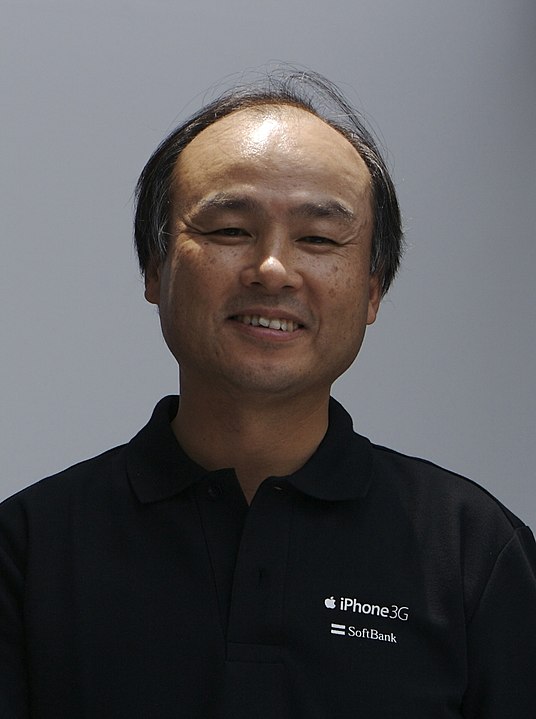Effective Coaching Approaches for Leaders in Japan
Japan has a unique business culture that can pose challenges for outsiders, especially for incoming and emerging leaders. With Japan’s increasing diversification of its workforce through immigration and locals seeking international opportunities, the demand for cross-cultural leaders is on the rise. This is where possessing coaching skills and adopting a coaching approach can help address the gaps.
In reality, any business professional can develop their own coaching capabilities to effectively navigate cultural differences. However, this approach can be particularly beneficial for professionals in leadership positions as it facilitates bridging cultural gaps and accommodating differences in thinking, communication, and decision-making.
To begin, let’s delve into the fundamental aspects of building a coaching skill set. By doing so, we can foster a more open approach to communication, collaboration, and trust-building.
Adopting a Coaching Mentality
As a coach, there are a few prerequisites to consider when coaching people. One important aspect is developing a growth mindset. This entails embracing a process of learning, being open to feedback and new ideas, and seeing failure and mistakes as opportunities for personal growth and development.
Paul Dupuis, the head of Randstad Japan, openly encourages his staff to cultivate a growth or entrepreneurial mindset. This approach aims to inspire both leaders and employees to engage in continuous learning and process development, thereby improving their own career prospects and job satisfaction.
Coaching the Person, Not the Problem: While it may be tempting to jump straight into providing solutions when someone asks for help, I often find myself guilty of this mindset. A more effective approach is to encourage people to create their own solutions or collaborate on finding a way forward. This method helps build trust and accountability with the person seeking assistance. Even if the proposed solution doesn’t work out, it still supports a mentality that embraces failure and change.
Masayoshi Son, founder and CEO of SoftBank, once said, “In Japan, the culture of risk-taking and challenging the status quo is not as prevalent as it is in other parts of the world. As a leader, you need to break through the fear of failure and inspire your team to embrace change and innovation.” [Source: Interview with CNBC, 2014]

Active and Empathetic Listening: Active listening is a crucial skill for any leader, and it becomes even more important when working with Japanese culture. This means attentively listening to your clients, both verbally and nonverbally. It may also involve asking clarifying questions to ensure a clear understanding of their perspective. Additionally, making an effort to understand their story or viewpoint from their shoes demonstrates empathy.
These three concepts are also fundamental teachings in life/executive coaching training. Consider this as a crash course in something I learned a few years back, which I find valuable and relevant, even for leaders in Japan.
Enhancing Team Engagement and Collaboration in a Japanese Work Environment
Engaging and collaborating effectively with your team is crucial, and here are some tips and strategies to improve these aspects, particularly when working with a team in Japan:
Reading the situation: In Japan, non-verbal cues play a significant role in communication. Understanding these cues, often referred to as “reading between the lines” or KY (空気読めない), can help you better interpret the underlying messages. This skill is valuable when interacting with Japanese individuals, even in English. With practice and familiarity, you can build trust and identify specific body language or unspoken implications.
One thing that is commonplace in larger corporations is the seating arrangements in business meetings. When attending a business meeting in Japan, observe the seating arrangement as it often reflects the hierarchy within the team. The highest-ranking individuals are usually seated at the centre or head of the table. This is one way to help you understand the org. structure and perhaps the decision-making process too.
Asking open-ended questions: Encourage your team members to share their thoughts and opinions by posing questions that require more than a simple “yes” or “no” answer. By inviting deeper engagement, you can foster a culture of open communication and create an environment where everyone feels comfortable expressing their ideas.
During team meetings, encourage team members to share their ideas by asking questions like, “What do you think about this approach?” or “How would you tackle this challenge?” This allows for more comprehensive discussions and promotes active participation.
Tadashi Yanai, the Founder and CEO of Fast Retailing Co., Ltd. (owner of UNIQLO), emphasizes the importance of balancing harmony and innovation in Japanese society. As a leader, it’s crucial to establish a safe space where employees feel free to challenge the status quo and voice their opinions.
Maintaining flexibility and humility: As an authoritative figure, it’s easy to fall into a micromanagement style, which can hinder team members’ growth and make them overly reliant on you for guidance. To be an effective leader, it’s essential to adapt your approach based on different personalities and perspectives. Embracing flexibility and humility allows for collaboration and fosters an environment where diverse ideas can flourish.
For instance, when working on projects, be open to adjusting timelines and strategies based on input from the team. This flexibility demonstrates your willingness to consider alternative perspectives and adapt to changing circumstances. Furthermore, Actively seek feedback from team members to demonstrate your humility and willingness to learn. For example, ask questions like, “What improvements do you suggest for this process?” or “How can we make this project more efficient?”

Positive reinforcement and ongoing support: Recognizing and appreciating your team members’ contributions and hard work is fundamental. Not only does it make individuals feel valued, but it also provides them with the support they need. Additionally, being accessible and approachable as a leader is crucial, especially when managing a team across different countries, including Japan.
One excellent example I recently witnessed was a leader who utilized tools like Calendly to make themselves readily available to their team. This approach was particularly effective as the leader managed a diverse team across different continents and work styles, including remote work. By sharing their Calendly link, team members could easily schedule dedicated time for discussions, seeking support, or seeking guidance from the leader. This not only ensured accessibility but also streamlined the process of connecting with team members regardless of their geographical location or work arrangements.
In my own personal experience, personally recognizing team members’ efforts can have a profound impact on morale and foster a culture of continuous improvement too. Taking the time to acknowledge their achievements not only boosts morale but also reinforces the value of their contributions. Additionally, providing ongoing support is essential for their growth and development. By offering resources, such as training opportunities or access to workshops and seminars aligned with their professional goals, you empower team members to acquire new skills and overcome challenges with confidence.
By incorporating these strategies, you can enhance team engagement and collaboration, whether working with a predominantly Japanese team or a diverse one. Remember, building strong relationships and creating a supportive environment are key to achieving success together.
Final Thoughts
In conclusion, embracing coaching skills and approaches in Japan’s unique business culture can help overcome challenges and drive success, particularly for leaders. Developing a growth mindset, coaching the person rather than solely providing solutions, and practising active and empathetic listening are essential elements for effective coaching.
Engaging and collaborating with teams in Japan involves reading situational cues, asking open-ended questions, maintaining flexibility, and providing ongoing support. By leveraging these strategies, leaders can foster a positive work environment where diverse ideas are valued and team members feel appreciated and supported.
Coaching skills empower leaders to build strong relationships, drive innovation, and navigate the dynamics of the Japanese work environment. By fostering open communication, collaboration, and trust-building, leaders can empower their teams to thrive and achieve remarkable results in Japan’s ever-evolving business landscape.
For more coaching insights, feel free to connect with me on LinkedIn and/or explore Startup Founder Mindset – my platform for Aspiring and New Entrepreneurs.

